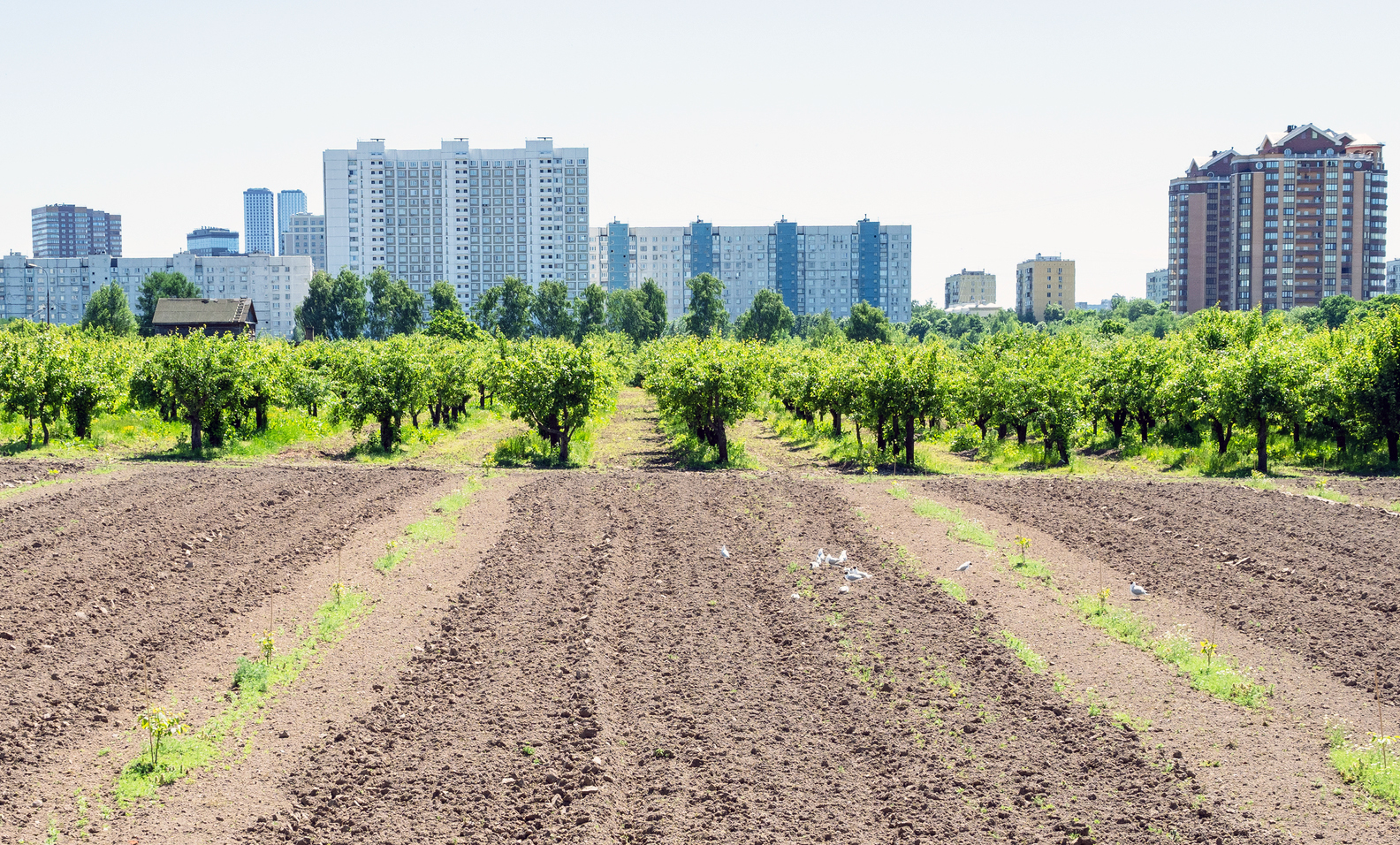It is a well-known fact that soil is the main component of a terrestrial ecosystem, the balanced functioning of which largely depends on the soil microbiome. Today, in the urban environment, there is an unprecedented anthropogenic impact on the soil, its microbiome and the ecosystem as a whole, which can lead to disruption of their functioning. Researchers from all countries are trying to develop knowledge about the peculiarities of the functioning of the soil microbiome in urban conditions, in particular by studying its various microbial indicators. However, there is no answer to the question of which microbial indicators can most informatively reflect the functioning of urban soils and be useful in planning and improving urban areas.

